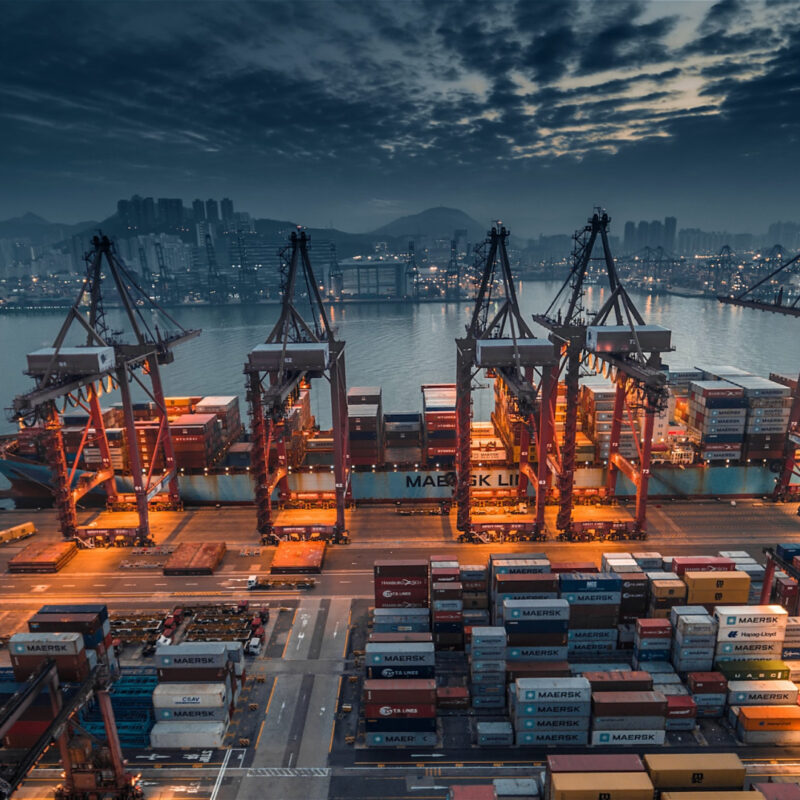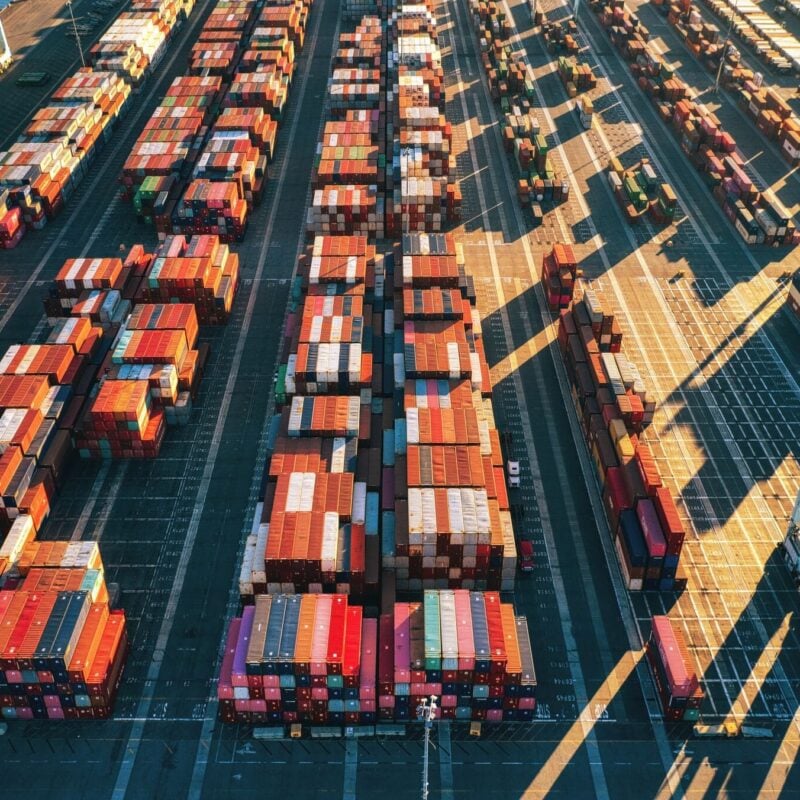
All-Risks Insurance
Taking out a subscription ALL RISKS policy which covers whatever damage caused by the transport of your goods, our company can ensure all your shipments you want to carry out. The policy ALL RISKS might also cover any risks from the place of loading of your goods to that of unloading.
Coverage Options
- From Italian/European/Worldwide (air) port to Warehouse (land);
- warehouse to / from (air) port Worldwide (sea/air);
- warehouse to (air) port in Italy/Europe (land);
- warehouse to warehouse (land and/or air/sea);
- to / from (air) port (air) port (sea/air).

An insurance policy that will cover additional costs in case of ship damage
Are you doubtful for taking out an insurance policy? Do you know what risks are covered by the vectorial insurance policies (land, sea, air)? Do you know what are the maximum compensation limits guaranteed by the vector insurance policies? Did you know that the vector insurance doesn’t provide for any compensation in case of robbery? Did you know that only the ”All Risks” insurance policy would cover additional costs in case of ship damage?
If your answers were negative we strongly recommend you to read carefully the useful information described below and contact us to take into consideration the opportunity to ensure your work at a modest cost and from all types of risks. When you ask your private shipping agent if it is insured, you must be cautious because its insurance coverages protect only the vector liability. As a matter of fact, all kind of risks as well as the entire value of goods are not included.

FAQ
When and why is it important that you take out an insurance policy?
It is well known that all types of goods are exposed to all sorts of risks during the transport and every kind of external factors may cause damage to them, last but not least it is also possible their total or partial loss.
Although the precautions and the expedients are increasingly becoming more adequate, the risk of accidents maintain a high level and must be taken seriously. Thus, the question of taking the risks of transport is extremely crucial.
People who often entrust the management of their goods to a private shipping agent underestimate that the latter doesn’t account fully for their loss, destruction, and theft. On the contrary, according to the law, the shipping agent is an agent who acts in the name of the shipper (the owner of the goods) with the aim both to take a contract of transport out and conclude the ancillary operations deriving from the signature.
The shipping agent will have to ensure the goods only receiving ”’a written and expressed order by the principal’. Exclusively in this case, the person who will answer for the material damage suffered by the goods will be the insurance agent. In the absence of this explicit requirement, the International Conventions in the field of transport allow the carrier to operate with a specified limitation of responsibility.
What are carrier’s liability limits ?
25 gold Francs or 8,33 DSP* /Kg gross weight of damaged goods or not delivered (CMR – road transport)
50 gold Francs or 16,66 DSP* /Kg gross weight (CIM Convection – rail transport)
17 DSP* /Kg gross weight (Montreal Convention – air transport)
666,7 DSP /Large package or 2 DSP* / Kg gross weight (Bruxelles Convention, Visby and Aja’s later rules – sea transport).
The size of these limits highlights the necessity and the opportunity to take out an “All Risks”comprehensive coverage insurance by the right holder with the aim to protect from every potential damages the goods that must be transported.
*DSP = Special Drawing Right (as can be checked by consulting ‘Sole 24 ore’, for example 27 /4 /2009 = 1,13 €)
What and how is it good to ensure?
The person holding an insurable interest transfers the potential risk for transport damage to the insurer by the insurance contract. The insurer, pursuant to art 1882 CC, is obliged to compensate the insured for the damage caused by a claim through the payment of a premium and within the agreed limits.
Generally the direct material damages suffered by the goods are the only one to be compensated by the insurance policies, because it is objectively difficult and sometimes impossible to assess the indirect damages such as the commercial damage deriving from the missed or delayed delivery of goods. According to this premise, it is essential that the values to be guaranteed must be concretely and objectively determinable.
In relation to what, determining the guarantee of a contract cargo insurance, the computation of risk for the insurance changes?
In determining the guarantee of a contract cargo insurance must be calculated the risk for the insurance that changes from time to time and in relation to:
- value;
- number of packages;
- nature of goods;
- the route followed;
- the means of transport used;
- the political situation;
- the typology of the destination Country;
- the storage;
- the required coverage conditions;
- the presence of possible deductibles.
The insurance policy is formalized by issuing a policy in duplicate copies undersigned from both parties.
If the letter of credit specifically requests it, this policy can also be replaced by appropriate insurance certificates for instance when it is necessary to certify that a transport is insured with a subscription policy valid for several trips and last but not least, the policy cannot be issued when the lack of certain data occurs.
How much is it good to ensure?
In case of damage, the transport insurance reimburses the value of goods in the healthy state as a maximum value and in the place of destination, or the value for which the insured is exposed indeed. At the light of this, it is absolutely essential to establish the correct determination of the insurable value. Moreover, it would be fruitless to declare higher values than the effective ones to the insurance because in the case of a total damage, or in proportion to the loss , or partial, it is only the insurable value that is always fully recognised in case of damage. What has been said it applies also if a higher premium was paid whose difference would not be returned by the insurance company. On the contrary, the damage would be compensated in the proportion in which “the sum insured stands at the insurable value” when an inferior value than the real one is declared to the insurance company, as textually cites articles 13 of the general conditions of the New Unified Policy. For these reasons, all the ancillary costs of packing, customs, freight, insurance premium and the other expenses must be included in the calculation of the insurable value that must be as much as possible exact with the aim to deliver goods to the final destination. It is also important to add a percentage of hopeful profit and possibly deriving from the sale of goods, a profit that cannot be no longer achievable after the occurrence of the accident or a failure (usually this is a 10 % mark-up, but it may be higher). There may be the insured does not want to declare the real value of goods. In this case the clause “valga e non” is inserted in the insurance contract. According to it, upon the occurrence of an accident, the liquidator will provide to indemnify the damage on the basis of an estimated value and reported by the contractor to the insurer to the conclusion of the contract. It is worth saying that insurers do not willingly accept to insert this clause: in fact, it lends itself easily to frauds and abuses. However, insurers retain the right to challenge this clause and to complain about indemnity claims based on exaggerated values not considered congruous. Finally, it should be remembered that usually in the field of liquidation must also be counted the fee due to the freelance professional whose job deals with the evaluation of the settlements suffered by goods. Firstly, he will be responsible for the evaluation and the extent of the damage, secondly, of the collection of all data, thirdly, of the information and necessary documentation to draw up the report which will then be presented to the insurance by the insured or the recipient of goods.

